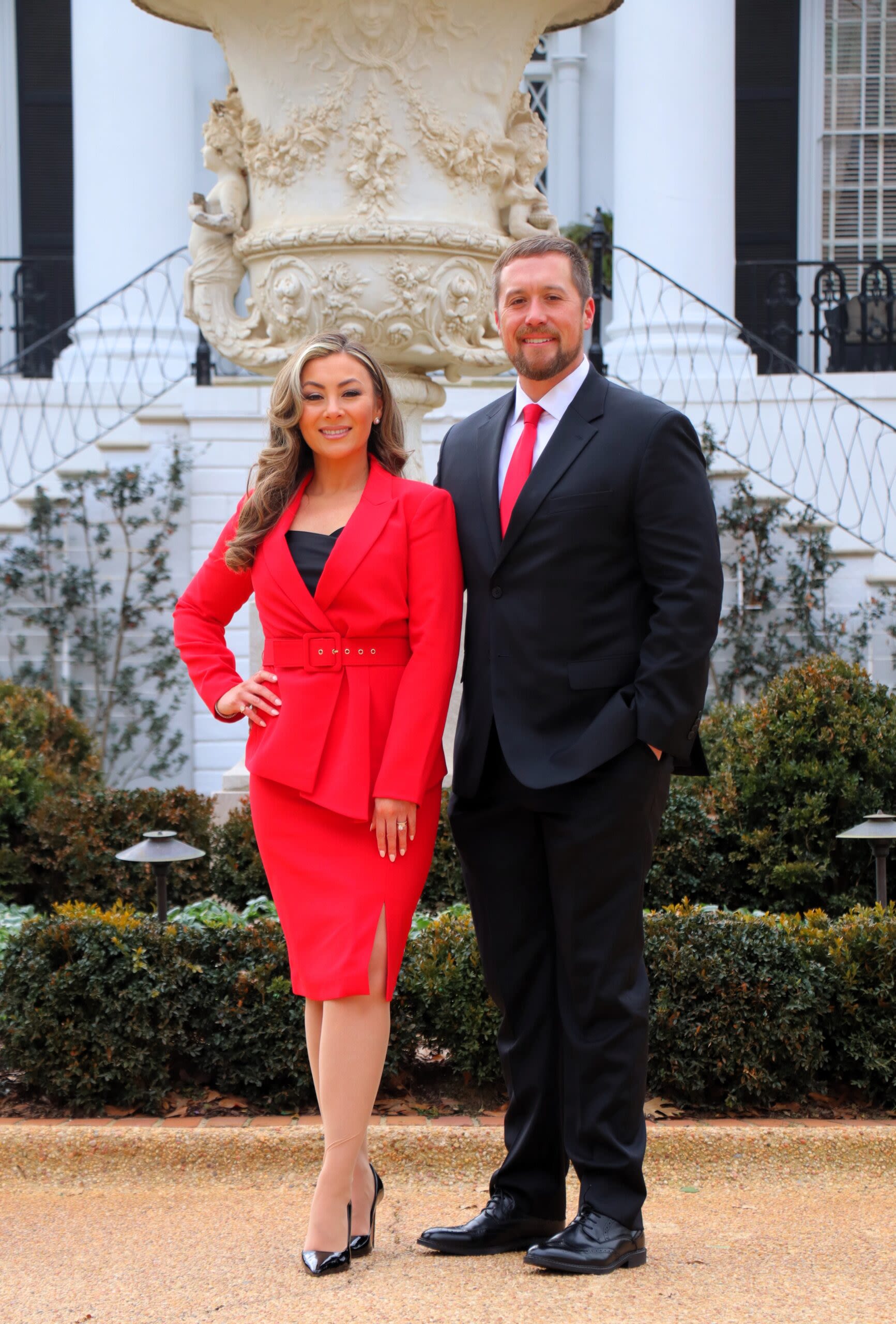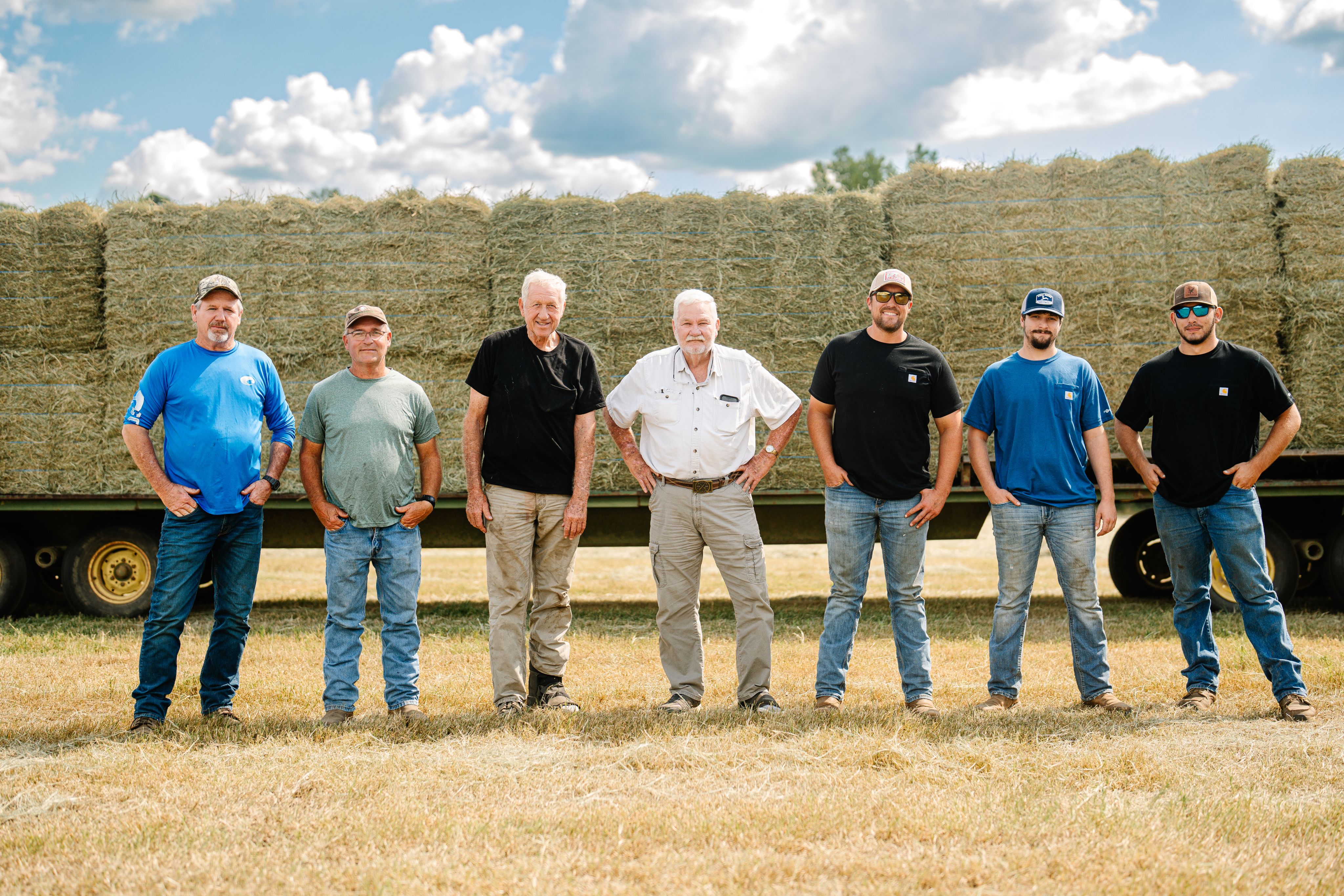Making Hay While the Sun Shines
Culverhouse-Educated Farmer Cody Brown Continues the Family Legacy
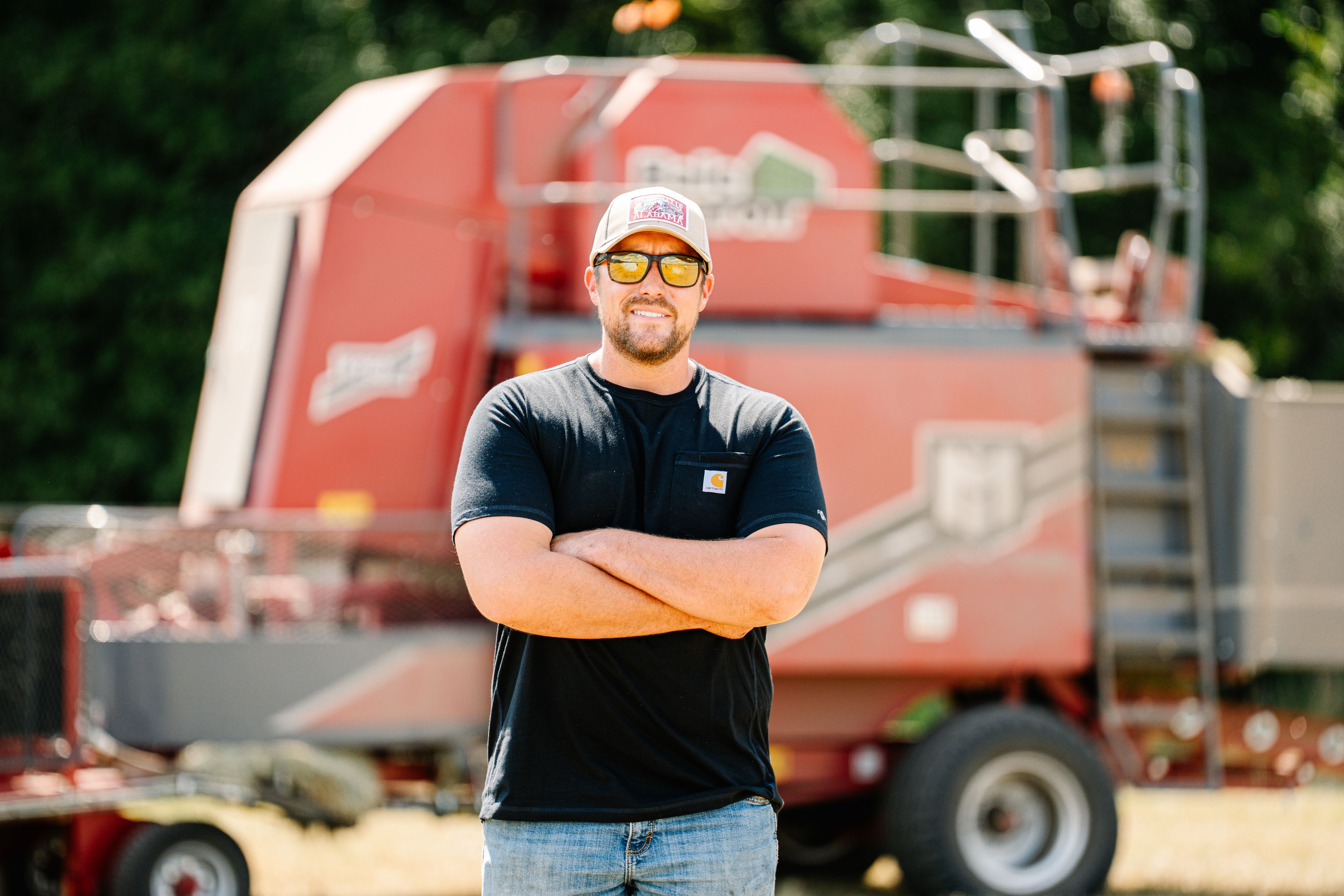
In 2015, Cody Brown (BS, 2009) got a call from his father Karl with an offer to move back to Andalusia, Alabama to help manage their family-operated farm. The younger Brown pondered. He knew he was the last in line to assume control over the family business and sincerely worried about its future. Would it suffer the same fate as many other American farms left to be parceled off and sold piece by excruciating piece? Would his decision potentially end the generational legacy his father, grandfather and great-grandfather toiled for decades to build?
Like many younger generations who are the products of agricultural and farming families, Brown left the rural South in search of other opportunities. Upon graduating from Culverhouse College of Business with his bachelor’s degree right in the middle of the Great Recession, Brown worked offshore in the oil and gas industry for a few years. His early employment took him as far as South Africa, Brazil, Singapore and Mauritius. Having traveled the world, he eventually moved back to Anniston, Alabama where he secured a position at Solutia, a major aviation hydraulic company. Brown later managed nationwide supply chain operations for service parts at Honda manufacturing in Lincoln. By the time his father called with the farm offer, Brown was in search of the next big thing in Birmingham, where he sourced raw materials for a privately-owned metal fabricating plant.
But the farm? That would be an interesting challenge.
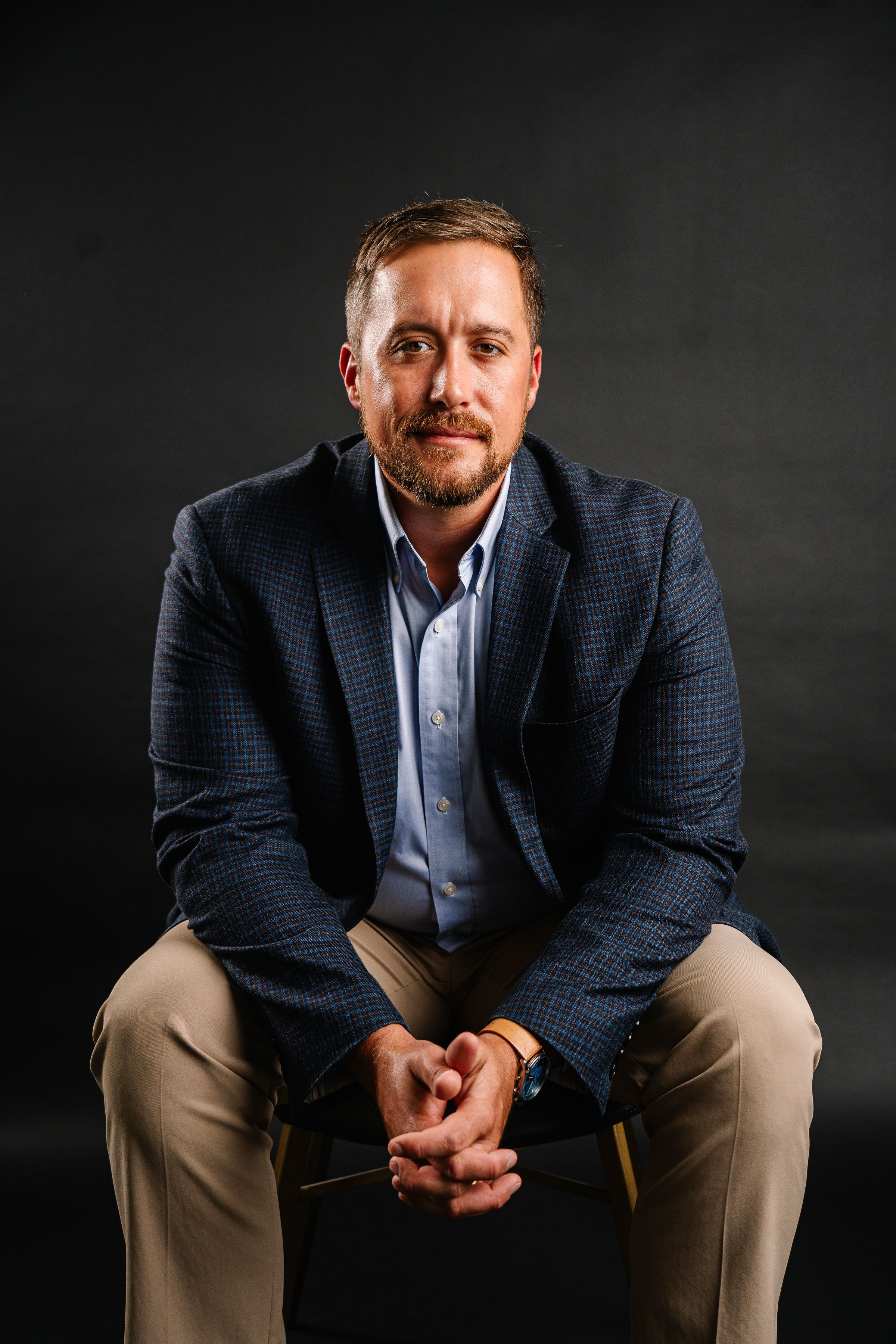
Not that Brown was unaccustomed to the rigors of life on the farm. “Brown Farms has been in my family for over a hundred years and I'm now the fourth generation to operate it,” he said. “I grew up on this land. I learned to drive a tractor and began working with my father at twelve years old. I can't say enough good things about the way that I was raised, about learning the value of hard work.” Brown’s long-standing tradition of working alongside his father lasted throughout his time at a local junior college in Andalusia until he transferred to The University of Alabama to pursue his bachelor's degree. Even then, Brown frequently returned home from Tuscaloosa to work during his summer breaks.
“The evolution of this farm has an incredible history,” Brown said. When Brown’s father took over the farm from his grandfather in the late 1970s, they focused on growing row crops such as soybeans, peanuts, cotton, and corn. Over time, Brown’s father, Karl, guided the farm into a burgeoning hay business, while Brown’s mother, a career nurse, managed the books. Even as a boy, Brown foresaw the hay business surpassing that of the row crops. “This is because commodities like cotton, corn, and peanuts are at the mercy of markets in a way that hay is not,” Brown explained. Since his return, Brown has been applying his business degree and corporate experience to completely revolutionize the family farm, particularly their hay enterprise.
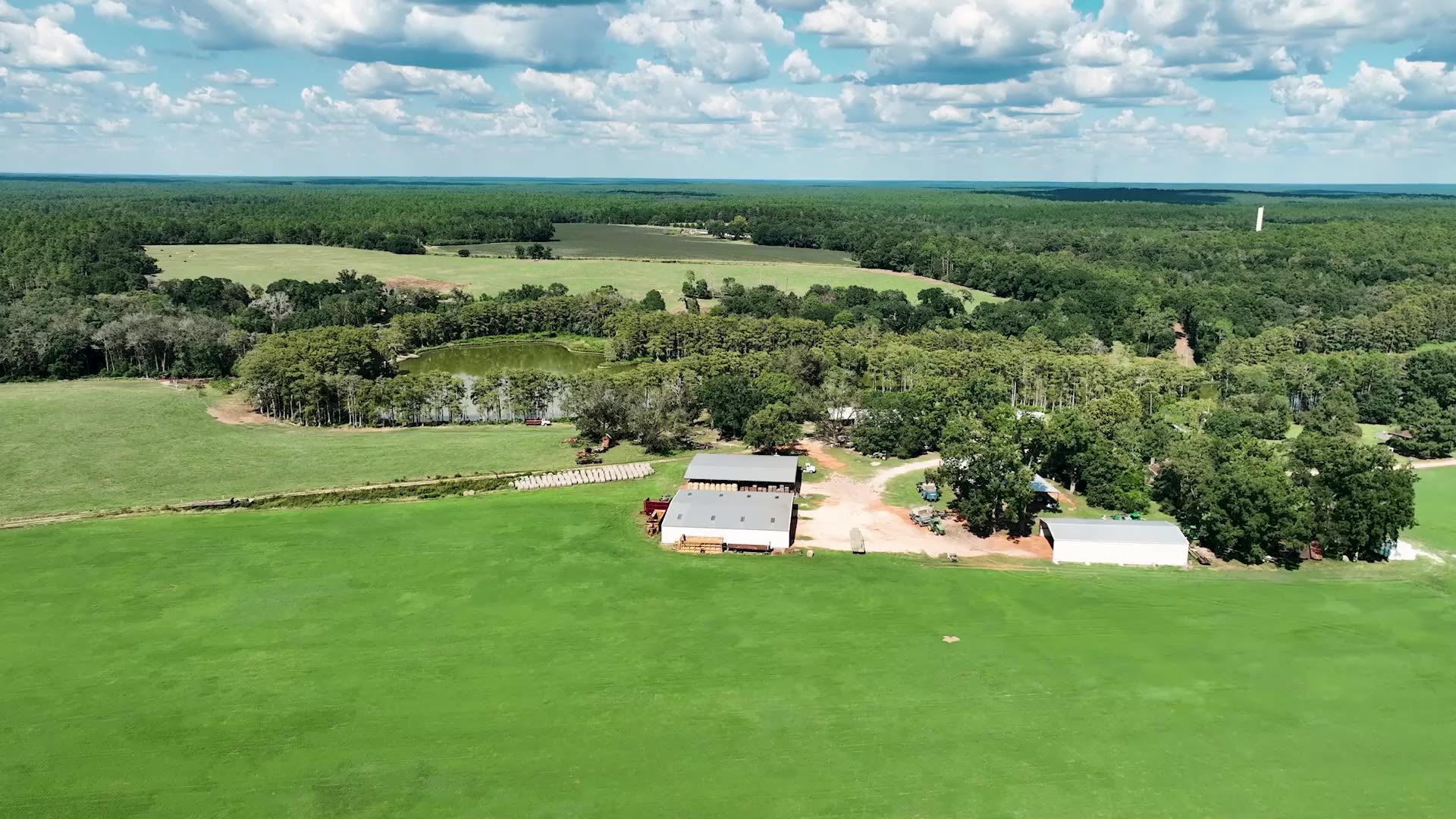
“In the hay business, we strive to produce a superior product with a high nutritional value that is very attractive to our customer base,” Brown said. The hay operation at Brown Farms started out small, selling to local stables, then branched out to servicing feed stores in North Florida and the Gulf Coast. Today, Brown Farms supplies stores and clients in Georgia, Louisiana, Mississippi, and Texas. “Our hay has graced the steps of the Florida Governor’s Mansion and we’re working on reaching overseas markets, so the future of this company looks very promising,” Brown said.
As Brown grows the hay business, he applies his Culverhouse education to every decision he makes. Since coming back to work full time, Brown has added more acreage, scaled back on the production of row crops in favor of hay, and purchased new equipment that uses cutting-edge technology to cut labor expenditures in half. As of today, the farm employs 10-12 employees and encompasses between 2700-2800 acres, 500 of those acres being exclusively hay. In ten years, Brown aspires to acquire even more acreage to devote to hay fields and add more employees and equipment. Brown looks ahead to further diversify the company by purchasing semi trucks for shipping their commodities. “We’re already in manufacturing and production,” Brown said, “but I want to broaden this enterprise by incorporating drivers and create a large-scale trucking business to move this product cross-country. My five-year plan is to expand, but not too quickly.”
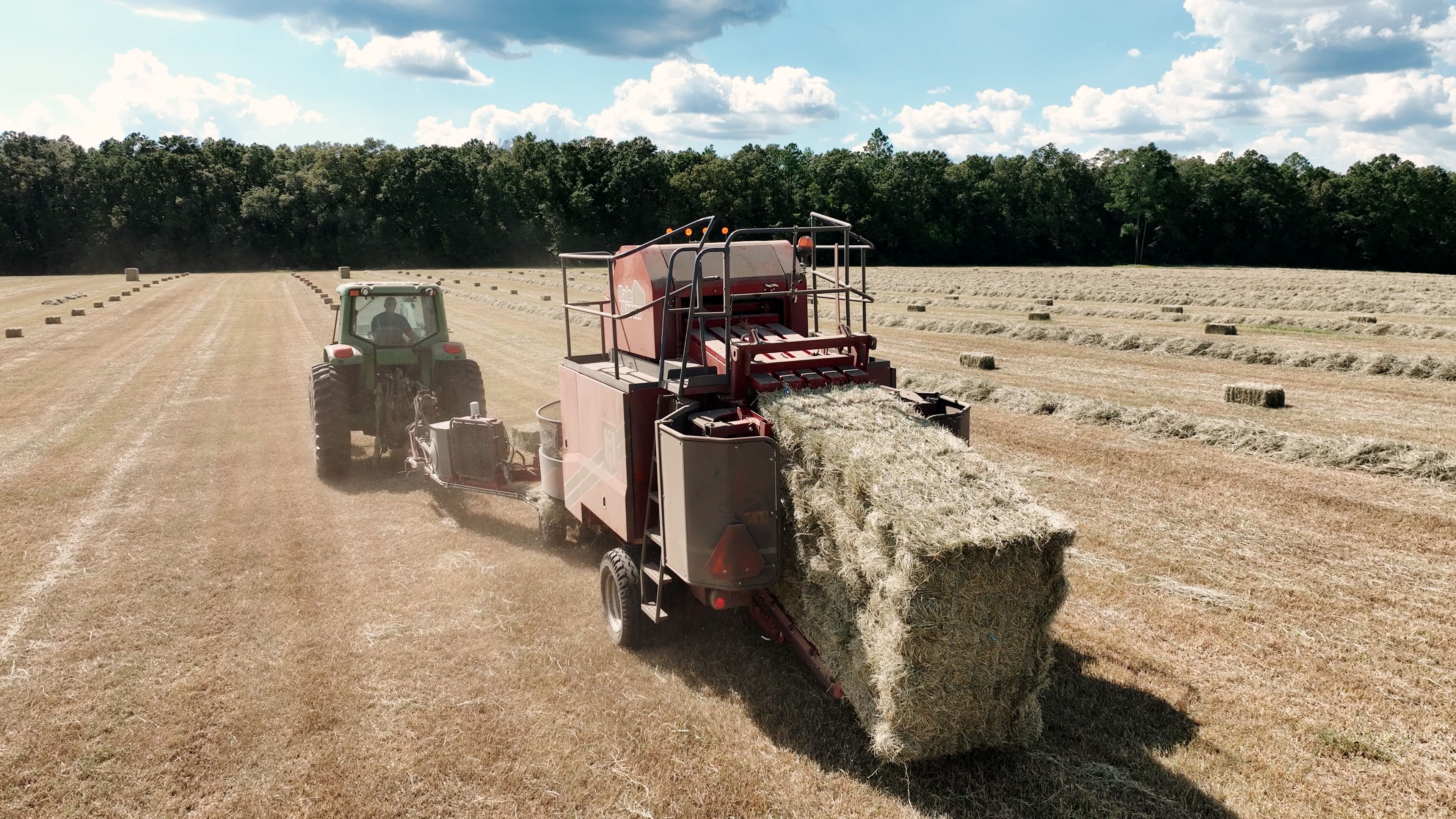
Dawn Wiley and Cody Brown
Dawn Wiley and Cody Brown
Brown’s wife, Dawn Wiley, who is a PhD candidate at the University of Alabama’s history department, also relishes describing her husband’s unique career path.
“When people ask me what my husband does for a living, I tell them that he’s so much more than your average farmer. He’s also a chemist, an engineer, a mechanic, a savvy businessman and a marketing genius. While Cody wears multiple hats on the farm, he’s also a philanthropist. He’s not just concerned with growing his brand but how he can help others — it's one of his most admirable qualities,” Wiley said.
Most recently, Brown worked with agrarian relief efforts across the south to assist farmers in North Carolina who were impacted by Hurricane Helene. Brown Farms donated over 200 bales of Bermuda hay to farmers left unable to feed their horses and livestock and plans to contribute more this winter. “The farming community is very tight-knit in this country,” said Brown. “It was wonderful collaborating with other agriculturalists to assist fellow farmers in their moment of need — and that’s the remarkable thing about farmers in America, we are all willing to do whatever is necessary to get people back on their feet and operating,” he added.
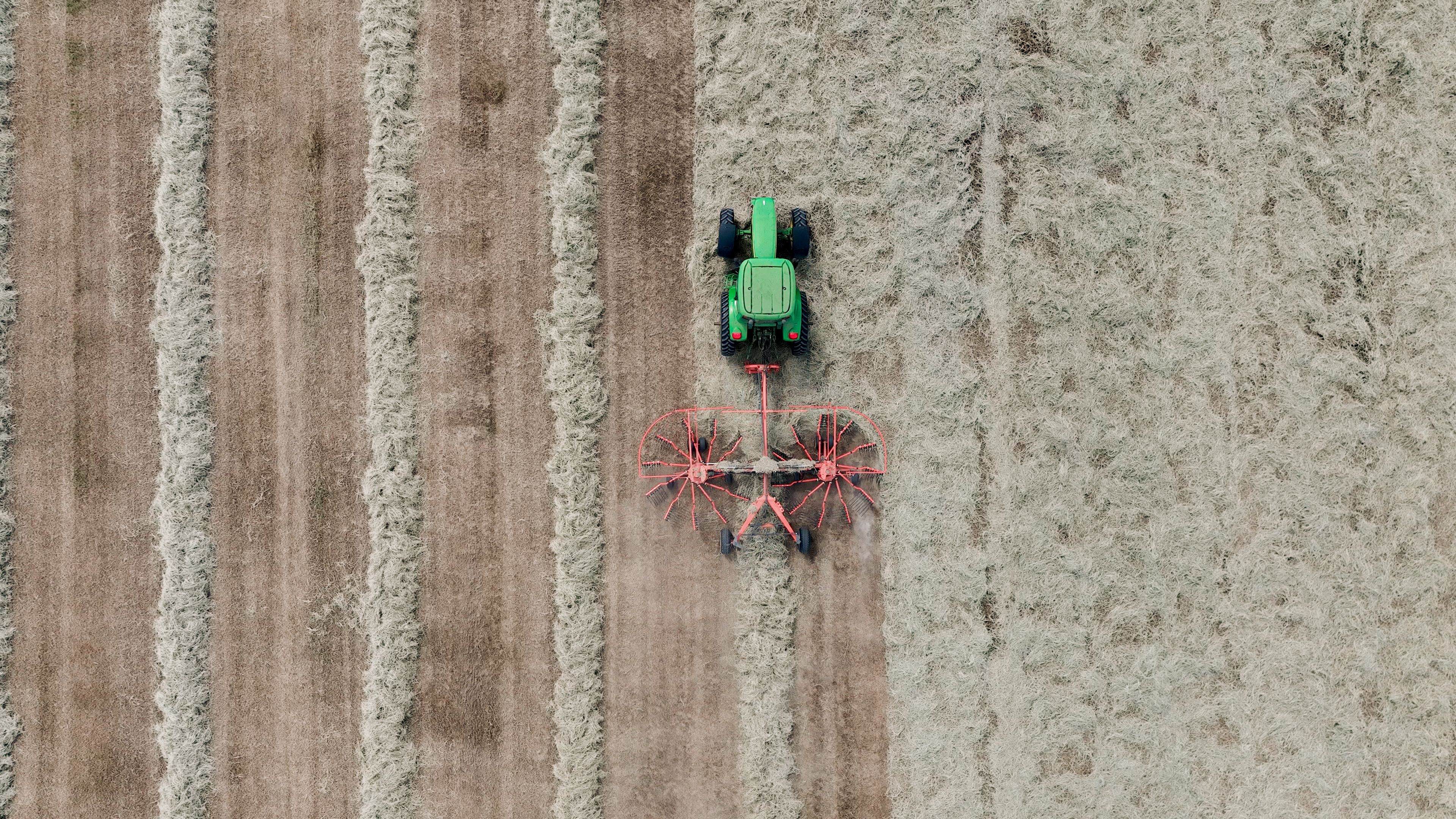
Additionally, Brown and Wiley endowed a support fund at The University of Alabama’s History Department to assist one graduate student each summer in receiving equitable monetary support as they serve as historical interns at the White House Historical Society in Washington, D.C. Brown hopes to contribute a gift to Culverhouse soon as well. “Cody is quite the visionary. I’m excited to see how he plans to pay homage to the institution. Perhaps one day he will establish internship opportunities at Brown Farms for UA students interested in pursuing careers in agriculture,” Wiley said.
But for now, there are crops to grow and harvest. Brown is aware that UA is less known for producing farmers than that other Alabama university, but it doesn’t bother him. “I just want people to know that you don't have to be an Auburn grad to go into agriculture,” Brown laughed.
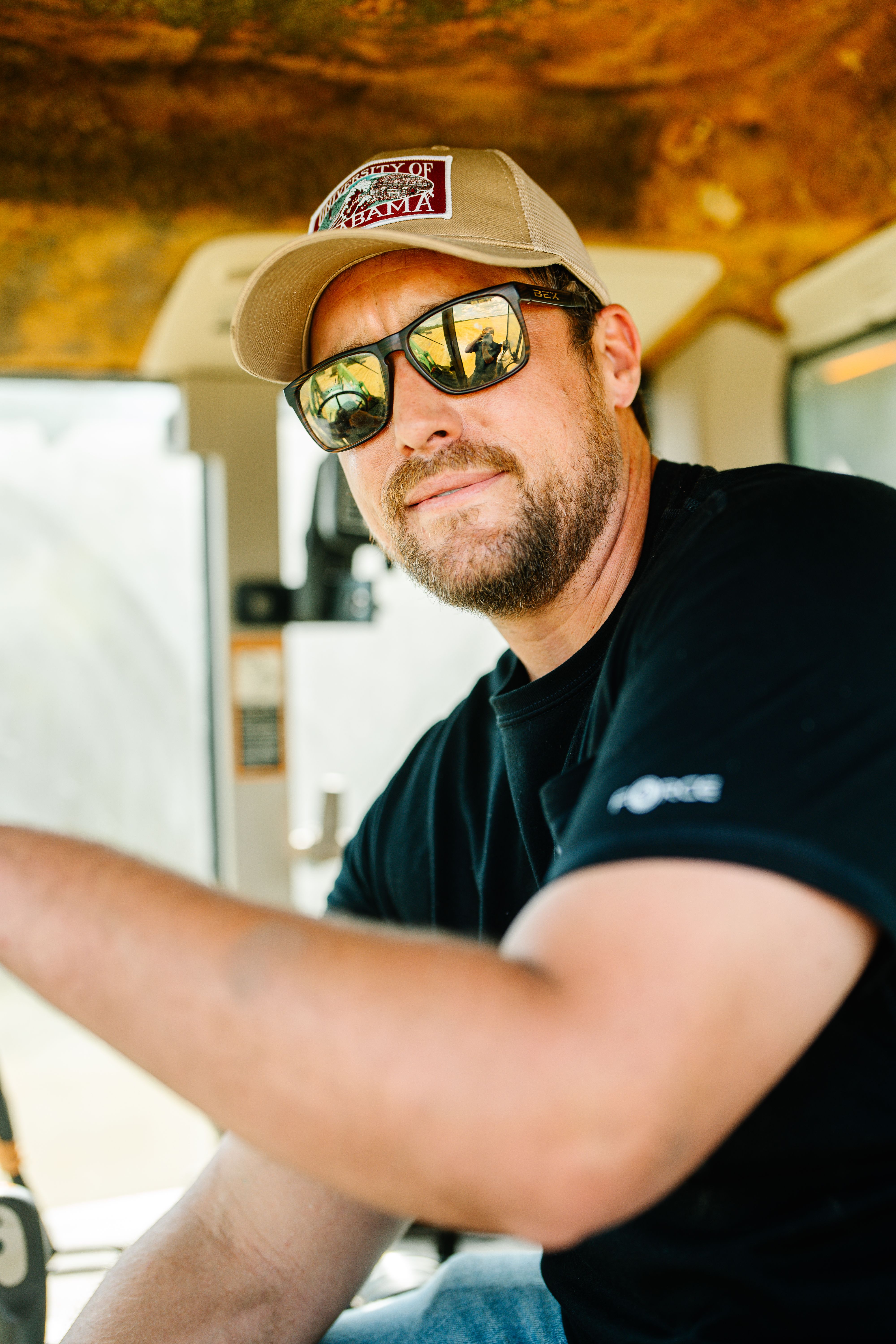
As for Brown’s father, Karl, who is now 72, he still rises at daybreak to farm every day. “I'd say he hasn't even partially retired, he’s always the first one at the barn in the morning ready to tackle the next project,” Brown said. “This business has been his entire life, and I don't want him to let go of it. I've never asked him to step away. I want him there as long as he can be. I just hope when that day comes that he’s proud that the Brown legacy lives on at least one more generation.”
Brown Farms staff (L-R): Lynn Bass, Tony Bradley, Karl Brown, Joe Barrow, Cody Brown, Tanner Cook and Raymond Mauldin.
Brown Farms staff (L-R): Lynn Bass, Tony Bradley, Karl Brown, Joe Barrow, Cody Brown, Tanner Cook and Raymond Mauldin.
Giving Thanks by Giving Back
This holiday season, why not consider a gift that gives back? A financial gift to The Culverhouse College of Business will help us continue our mission of providing a world-class business school education to deserving, motivated students. We rely on donors like you to provide scholarships, study-abroad opportunities, programs, and facilities to ensure that our students have everything they need to change the world and leave it better than they found it, just like Cody Brown.
